But what about the man himself, and the subsequent journey following his paralysis in 1995?
After which he became an activist for spinal cord injury treatments and disability rights.
COLLIDER: I loved this documentary so much.
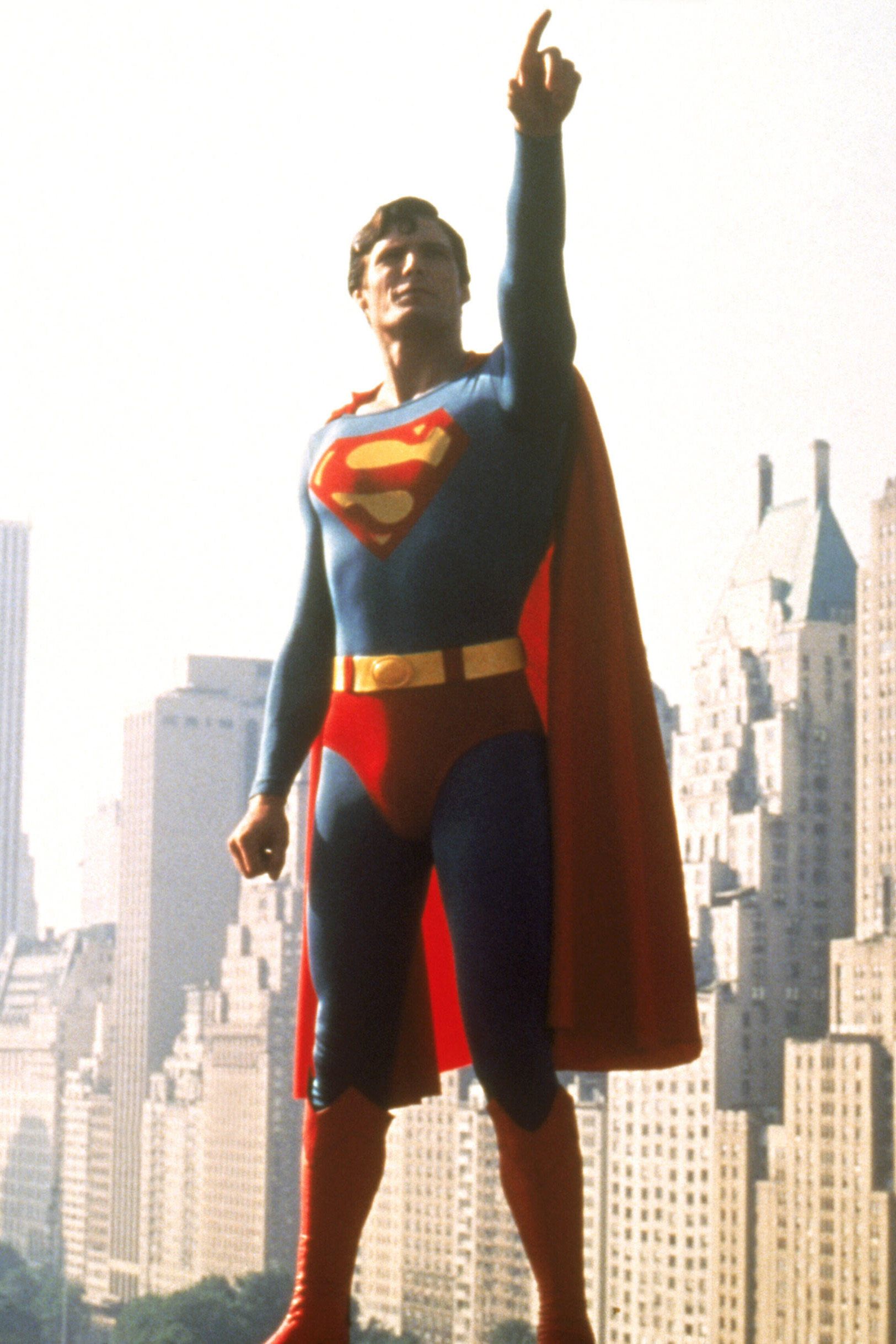
I am a huge, huge fan of your father and what you guys did with this.
I think anyone who is a fan of Christopher Reeve is going to love this film.
No one has seen it yet, including Sundance, so how have you guys been describing it?
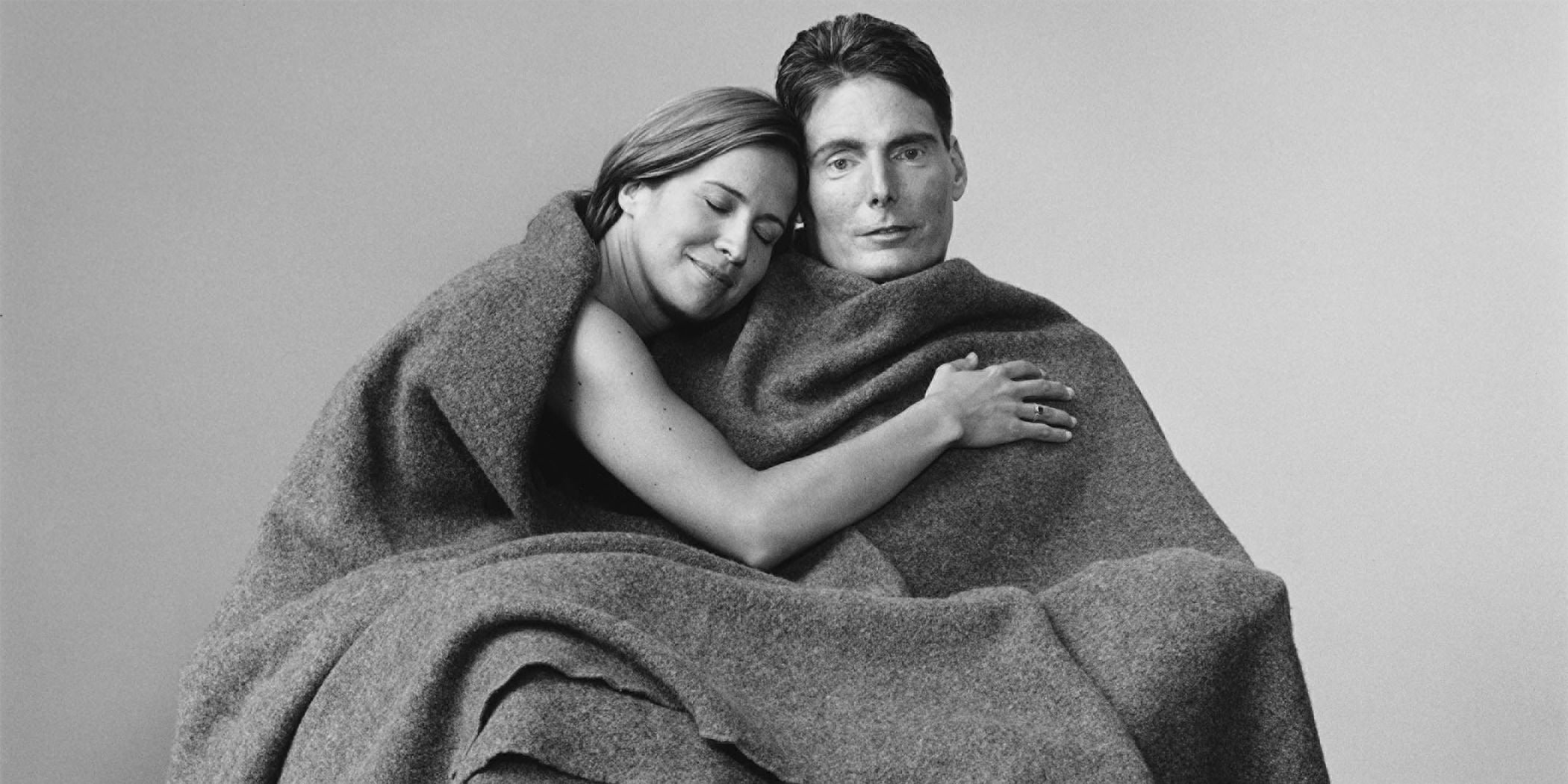
Image via Sundance
PETER ETTEDGUI: We started this film because we knew this story so well.
Then we met these guys and the film became about so much more.
It became about family, and it became about love.
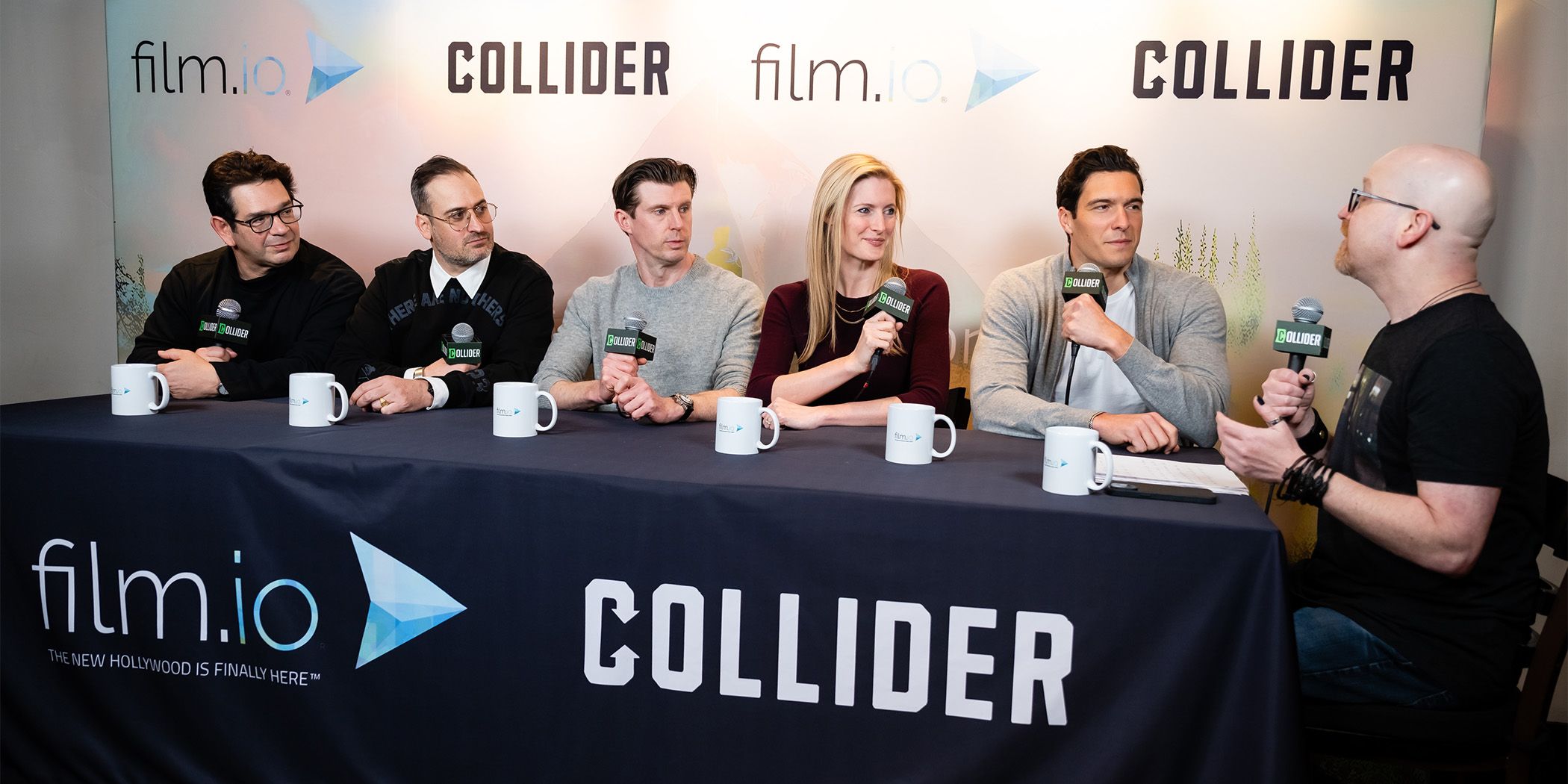
Image via Photagonist at the Collider Media Studio
IAN BONHOTE: Legacy.
ETTEDGUI: And about an extraordinary legacy.
How did that come about?
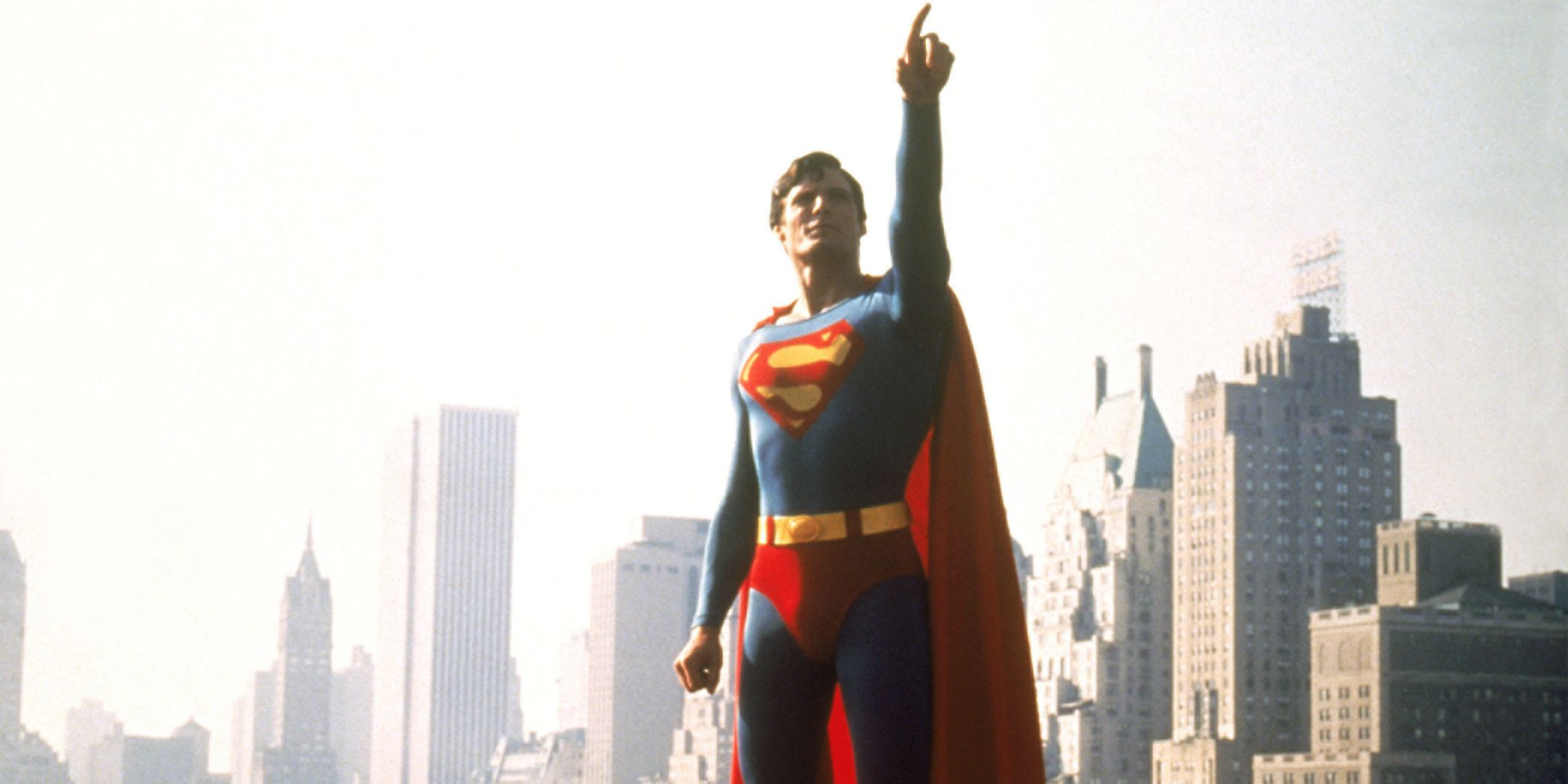
Image via Sundance
Without you three in this, its a completely different movie.
I said as a note to these guys, We gotta check outMcQueenandRising Phoenix.
Andbased on their previous work, we’re like, I think this is them.
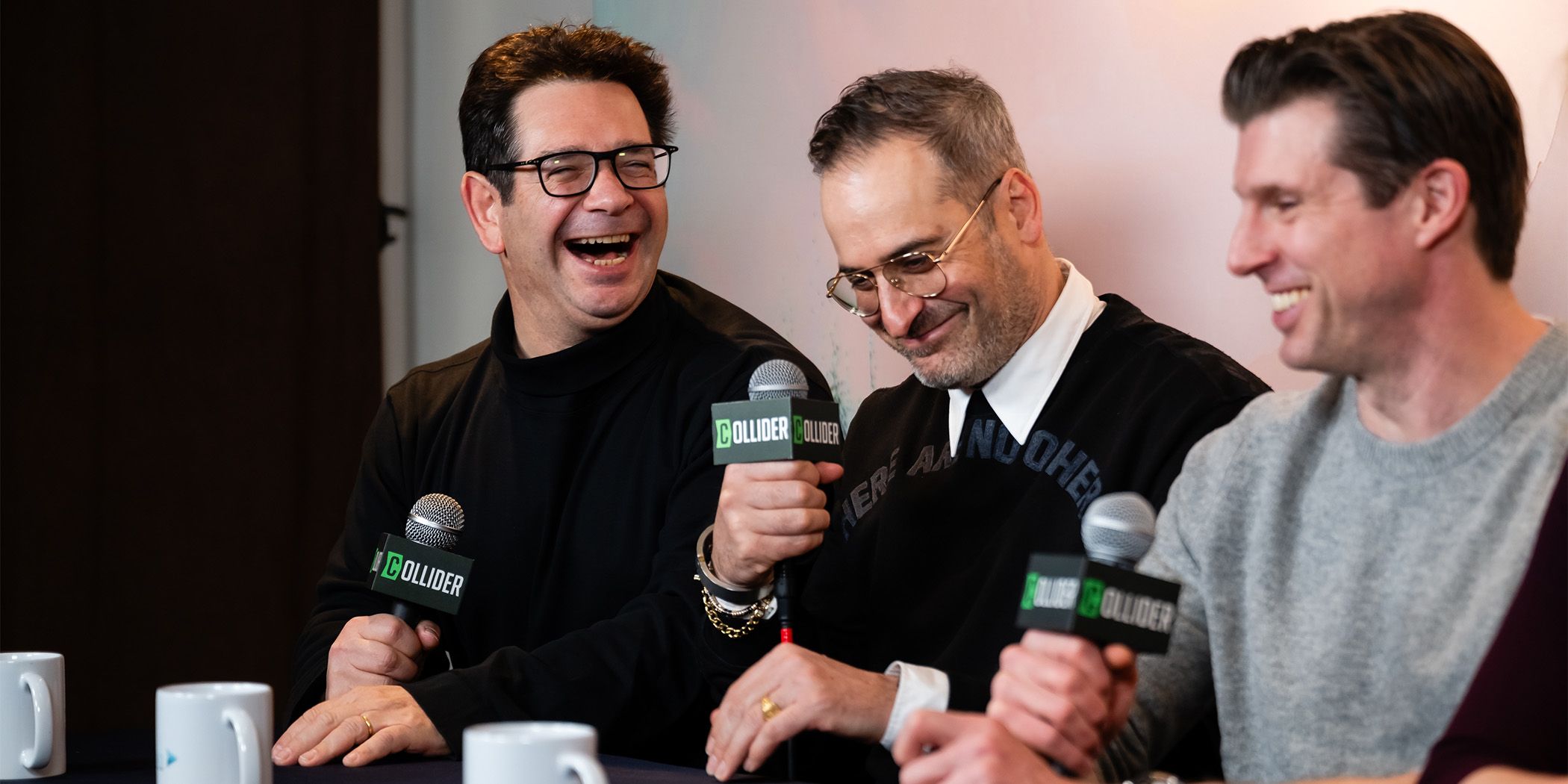
Image via Photagonist at the Collider Media Studio
Im curious, had you three been thinking about making a film before?
Why was now the right time?
Go make this the way you wanna make it because we trust and believe in you.
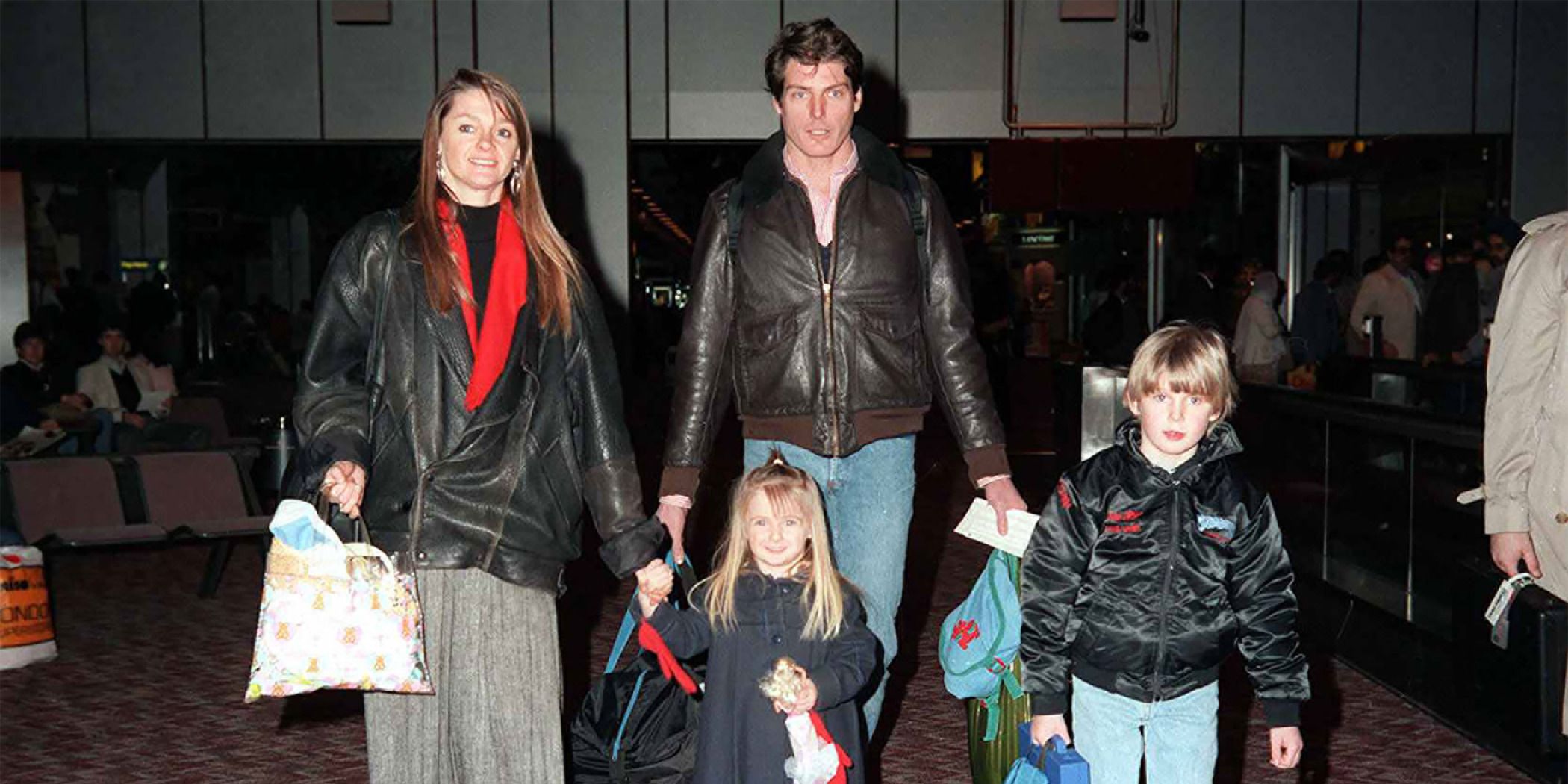
Image via Sundance
And weve been rewarded beyond comprehension.
That takes people with a real gift, and we were able to find that in these two.
WILL: Just to follow up on your question before about what is the film about?
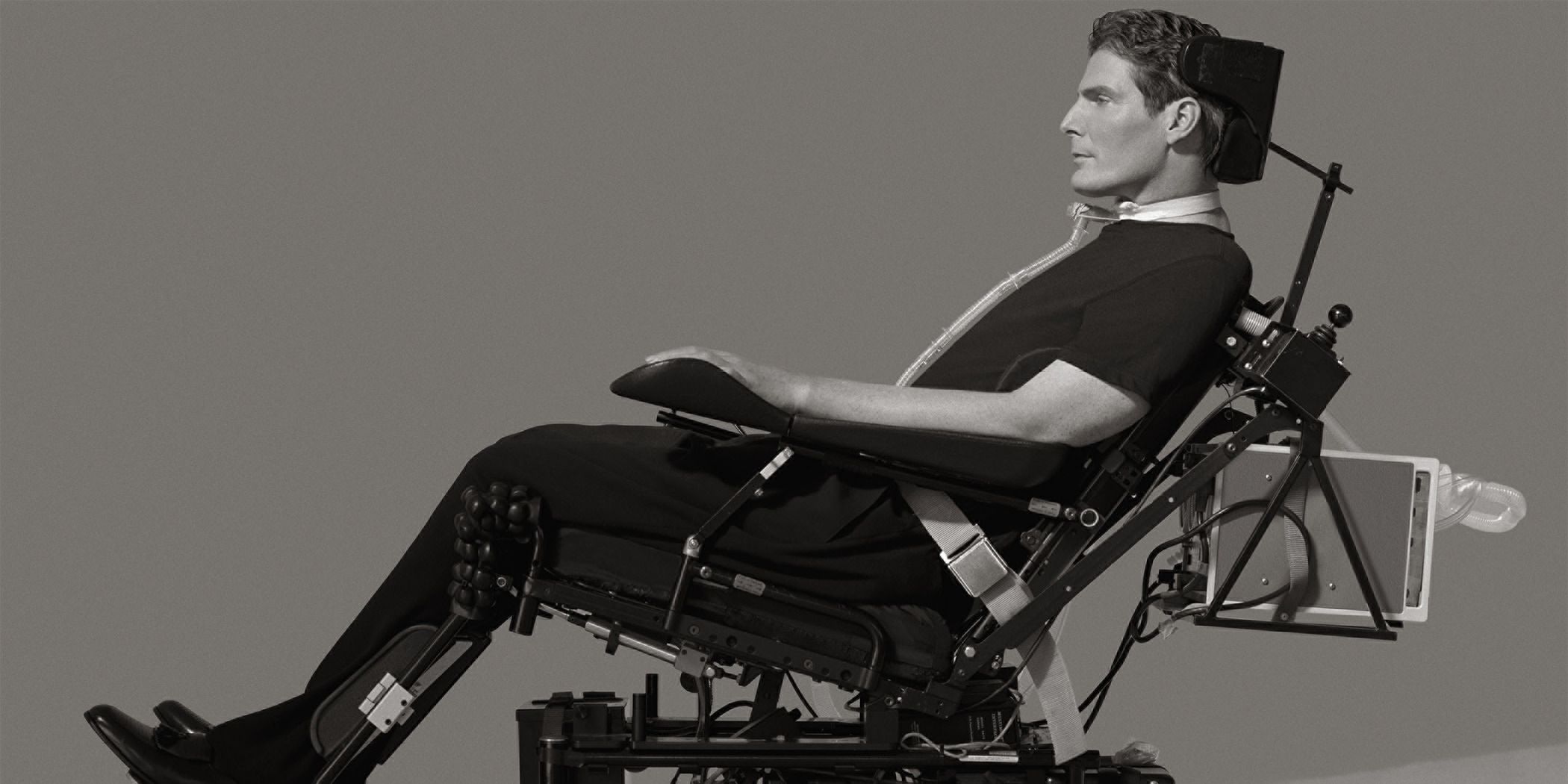
Image via Sundance
Its not, like, hagiography.
And thats what we have, which is such a treat.
His example was so inspiring.
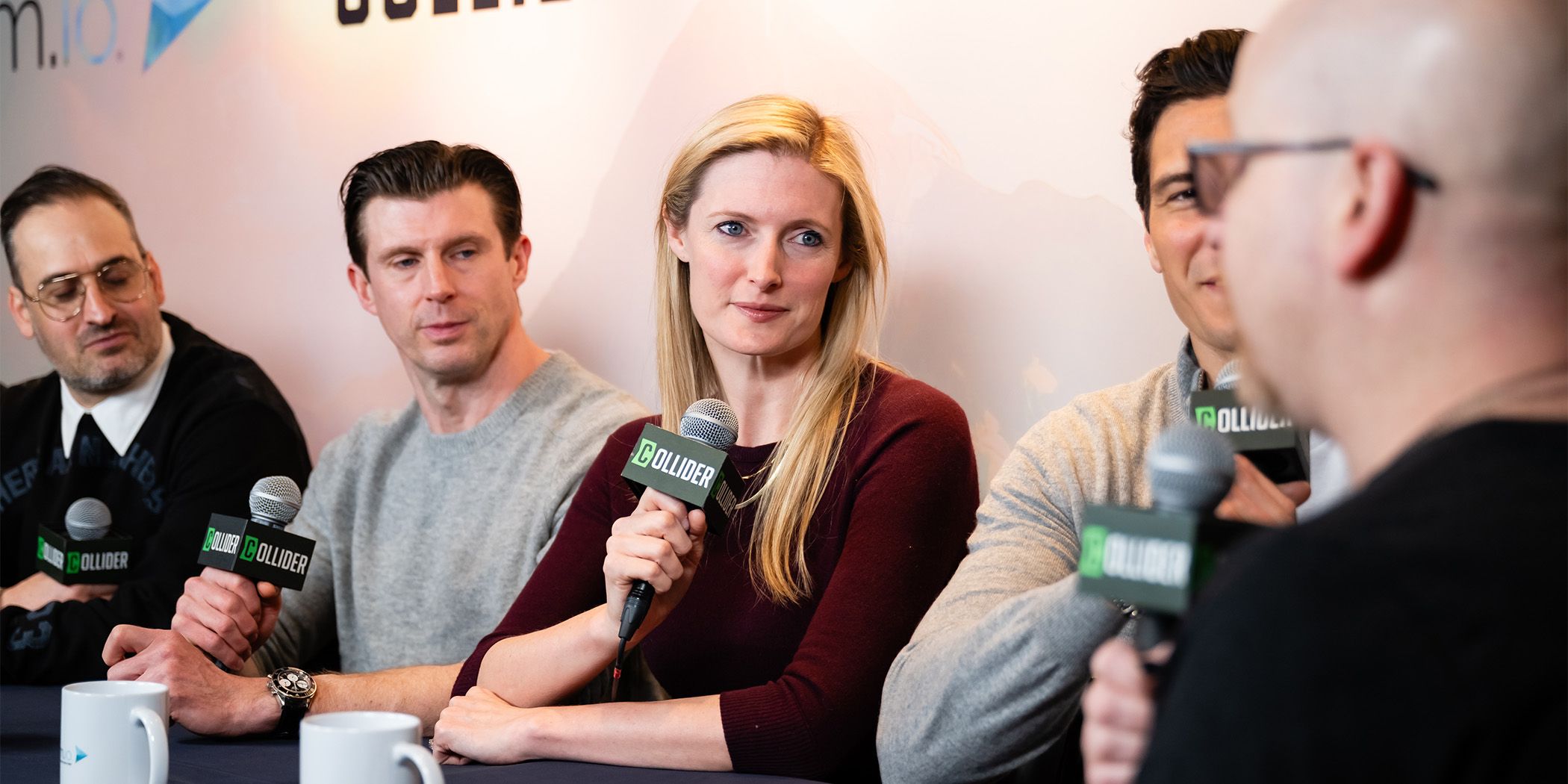
Image via Photagonist at the Collider Media Studio
WILL: That’s a good question.
MATTHEW: I see moments of him, for sure.
I think every actor brings an element of themselves into a role.

A lot of the time, absolutely not.
Yeah, absolutely, you do notice those things.
GIVENS: I think it’s what made having a film like this so special.
WILL: They crushed it.
[Laughs] I feel the same way.
We tend to see things the same way.
How tough was it to get clearance to be able to use that footage?
It would work without the footage, but the footage really helps.
So, I think Warner Bros. are very proud of that legacy.
So, it took some time, but we got there in the end.
It’s one of the challenges when you make a retrospective documentary with loads of archive.
You wanna be connected, you wanna see the small, tiny details of daily life.
I mean, Ilovethe way the film starts when Dana is giving you a bath in the sink.
WILL: [Laughs] I gave myself a bath in the sink.
I just love it.
Its theSupermanfootage, its you guys being so honest and sharing your real emotions.
I am curious about the editing process because you could have made a three-hour movie.
How challenging was it to cut it down to the length that it was?
Did you ever have a much longer cut or storylines that you had to remove?
ETTEDGUI: Oh, yes.
BONHOTE: Yeah, something like that.
Can I ask, is that a cut you were happy with?
ETTEDGUI: Oh, no.
So it was like an assembly cut.
ETTEDGUI: It was more or less an assembly cut.
BONHOTE: Our working progress, it’s almost like sculpturing or puzzle-making.
So, you’ve got loads of parts of the film but it doesn’t sing yet.
The film finds itself.
We help find it, but suddenlythe emotional journey of the film finds itself.
It’s not because of length, sometimes.
Sometimes I think people are like, 90 minutes.
We need to hit 90 minutes, but sometimes the film calls out for that.
It’s just music.
Sometimes youoverwrite music, youoverpaint.
Youve just gotta brush it.
But in a way, were the first audience.
A filmmaker and his editor are the first run of an audience.
We are the ones trialing those emotional moments, those grandiose moments.
What makes Christopher Reeve so big, but what makes Christopher Reeve so vulnerable?
Do you see what I mean?
That journey, it’s a movie.
You know what I mean?
WILL: I do know what you mean.
It turns out that it’s crucial that you have talent to succeed.
GIVENS: [Laughs] Bummer.
WILL: That was one limiting factor, I realized.
Just speaking for myself.
I still to this day get asked, Oh, you should play Superman!
Im like, I have brown eyes, and I cant act.
Thats what it comes down to.
I didnt have that, so I never even bothered to try.
GIVENS: We do joke that we divided our dads interests between the three of us, professionally.
There was such a passion for the craft and for the work.
So, yeah, it quickly became something that wasn’t on the horizon for me at all.
If its not in your DNA youre not gonna succeed/want to do it.
What can you tell people about it?
So, in the medical research field, we’re seeing unbelievable progress.
Stem cells are one part of it, but also the extreme focus my dad had on physical therapy.
WILL: And the work continues because the foundation has a dual mission.
And were funding cutting-edge research.
Its all over the map now.
That has only continued, and so our work only continues.
Were proud board members at the Reeve Foundation, and were as involved as we can be.
Its just such a fantastic film.